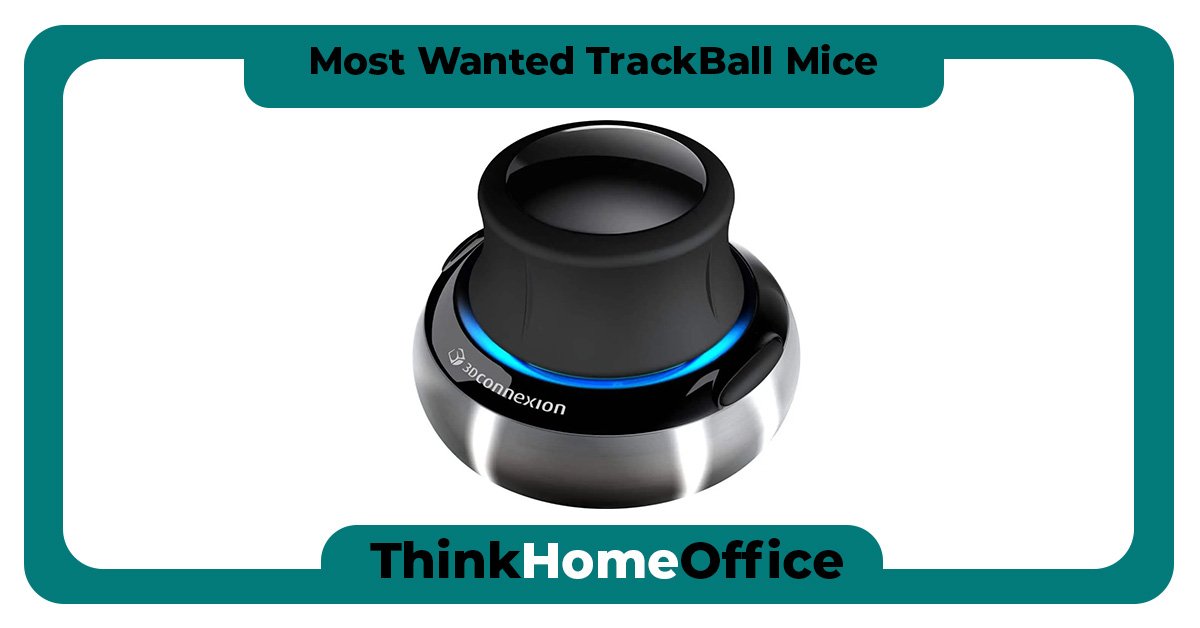The idea of working from home is incredibly appealing; no more long commutes or having to get dressed up for the office every day, but when the novelty of being able to lounge around in your pyjamas while you work wears off, it can be easily lead to feelings of being isolated. So, does working from home get lonely?
It can, but the right strategies and tools can help you maintain a healthy and productive work-life balance. Working from home does have its benefits, but it can be difficult to stay motivated and productive – when you don’t have the support of your colleagues around you.
What are the benefits of working from home?
Family Time – Working from home can allow you to increase both the amount and quality of the time you spend with your family, especially if you have young kids or look after an elderly or sick relative.
Aids Health Restrictions – Working from home is also beneficial if you regularly have periods of time when you are not able to travel to an office due to health reasons.
Cost Savings – Home working can also help you to save money by reducing your commuting and parking costs.
Independence – Working under your own steam can be empowering, with no boss constantly overseeing your output. Just ensure there is the required output for when your work is reviewed!
Reduces Pressure – The cumulative effect of getting to work on time, seeing your boss, maybe even working face to face with competitive colleagues is reduced.
What are the drawbacks of working from home?
There are, however, some associated disadvantages of home working, these are:
Isolation – As mentioned, you might feel more isolated from colleagues and less able to get advice and support from them, leading to difficulty in motivating yourself to work efficiently. This can be particularly true if you are working in a job that has little or no social interaction with customers.
Perceived Output – You may encounter a reduced feeling of productivity, if you don’t have colleagues to collaborate with and if you don’t have regular external communication with clients.
Positive/ Critical Feedback – Working from home can also mean that you don’t get as much feedback or recognition for the work you’re doing, which can make it difficult to stay motivated.
Self Imposed Stress – Home Working can also mean that it’s harder to get away from work when you need a break, you may impose more stringent working periods than would be normal for working in an office.
Relationships – You may also find it harder to build and maintain relationships with other people, especially if you work with people who are mostly external to your company or in another part of the world.

What strategies can help combat loneliness when working from home?
You can combat the above drawbacks by finding ways to stay connected to your colleagues and clients and by setting up strategies that help you stay motivated and connected to your purpose. Suggest, or lead with the idea of having scheduled team get togethers, either by going into the office where your co-workers are employed, or arranging ‘on-site’ days for remote workers.
Try to make the most of digital communication tools and platforms to stay in touch with your colleagues and clients.
Set fair and realistic targets for each day – start by having a weekly plan that you can plot out daily targets.
Insist on having regularly catch-ups with your boss, or your team to remain assured you/ they are meeting targets and are targeting the right objectives.
What tools can be used to stay connected to colleagues and friends?
There are a number of tools that can help you stay connected to your colleagues customers and even friends when working from home. You can use apps like Slack, Zoom, and Google Hangouts to stay connected, as well as apps like Zoom and GoToMeeting to host video calls with colleagues and clients. You can also use apps like Trello, Asana, and Evernote to collaborate with your colleagues on projects – enabling you to have virtual team meetings.
Using apps like Calm and Headspace will help you to stay motivated and focused while working from home, they offer schedule guided meditation and mindfulness exercises; as well as help you stay focused and track your progress, which can be particularly helpful when working from home.
Ensure you get the right physical tools to help you:
- A comfortable ergonomic chair.
- A good desk.
- Reliable IT equipment.
- Good Lighting and Ventilation.
What are the best practices when working from home?
Working from home can be incredibly rewarding, but it can also be easy to fall into bad habits and be less productive than you would be in an office setting. To stay healthy and productive when working from home, you should make sure to set up a physical space for work that is separate from your home space, and that includes having a dedicated desk and chair.
You should also make sure to set regular times for taking breaks, either alone or with other people, so that you don’t burn out.
Finally, it’s important to set boundaries so that your work doesn’t spill over into other areas of your life. This can include setting a strict work schedule, shutting off email and other work communication platforms when you need to be away from work, and finding ways to regularly let go of work when you are not at your desk/ in your home office.
What are the potential risks of working from home?
There are a number of potential risks involved in working from home, such as having less access to a support network, including regular meetings with colleagues and managers, and less access to social interaction in general.
This can make it easier to fall into unhealthy or unproductive habits, such as spending too much time on social media, or it can make it harder to find and maintain motivation when you are feeling unproductive or struggling.
Working from home can also mean that you have less access to natural light — which can affect your sleep patterns — and less access to fresh air, which can make it easier to fall ill.
Finally, working from home can mean a greater risk to your mental wellbeing, by becoming isolated, as you may not have regular meetings and interactions with other people.
How can you stay motivated when working from home?
Self discipline!
Working from home can mean that you have less access to external motivation – fellow workers, team leads and managers, which will make it easier to let yourself be distracted by external factors, such as Television or online content.
To stay motivated when working from home, you should try to create a regular work schedule, and schedule regular breaks – and times to let go of work. Then stick to it!
You should also make sure to have regular check-ins with colleagues, either in person or over video calls, and make plans to meet up with friends and family when you have time off work. So you can have a clear break from the working day.
What should you do when you feel isolated or lonely?
If you feel that you have fallen into a slump or that you are feeling particularly isolated and lonely, it’s important to take action and take steps to help yourself out of this situation. This can include setting up regular meetings with colleagues and friends, joining a local group, or signing up for classes that help you meet new people.
It can also include creating a list of ways you can actively remind yourself of your value and your worth, and using these to help you stay motivated and connected to your purpose.
What should you do if you need additional support?
If you notice that your isolation and loneliness at home is negatively impacting your work, it’s important to talk to a trusted colleague or manager, and ask for help. Don’t be afraid to ask for support if you feel you need it. Your manager and colleagues want to see you succeed, and many of them may be able to help you find ways to stay connected.
It can be incredibly challenging to work from home, but it can also be incredibly rewarding. It’s important to remember that everyone works from home differently, and what works for one person might not work for you.
It’s important to find the strategies and tools that work best for you and to keep trying new things until you find what works for you.






